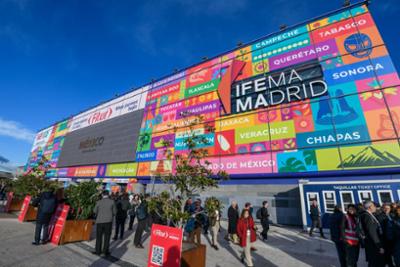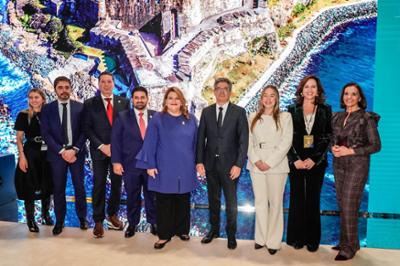
FITUR 2026 Closes with a Strong Boost to Global Tourism, Reaffirming Its International Leadership
The International Tourism Trade Fair has once again confirmed its role as a key driver of Madrid’s economy, generating an economic impact of €505 million and reaffirming its strong convening power with more than 255,000 attendees.





